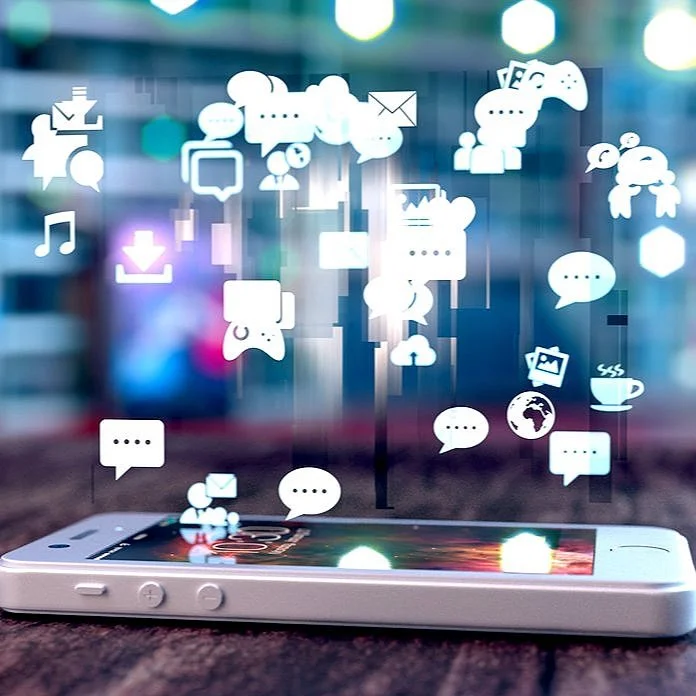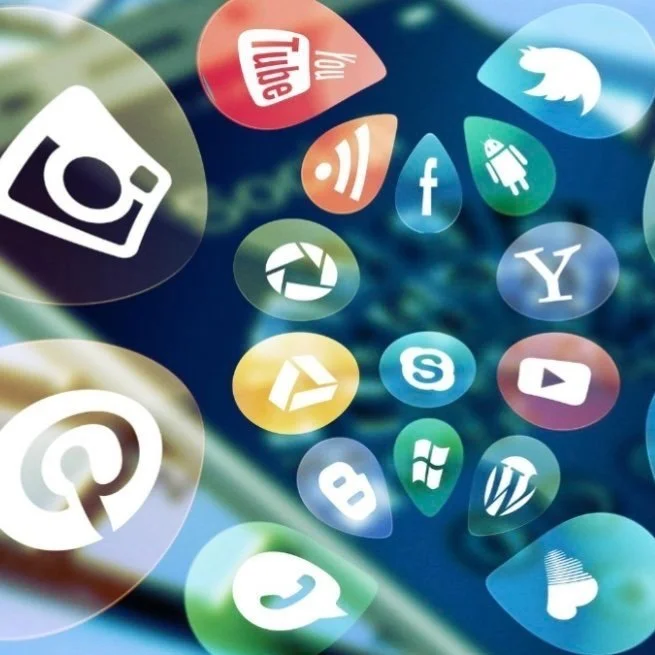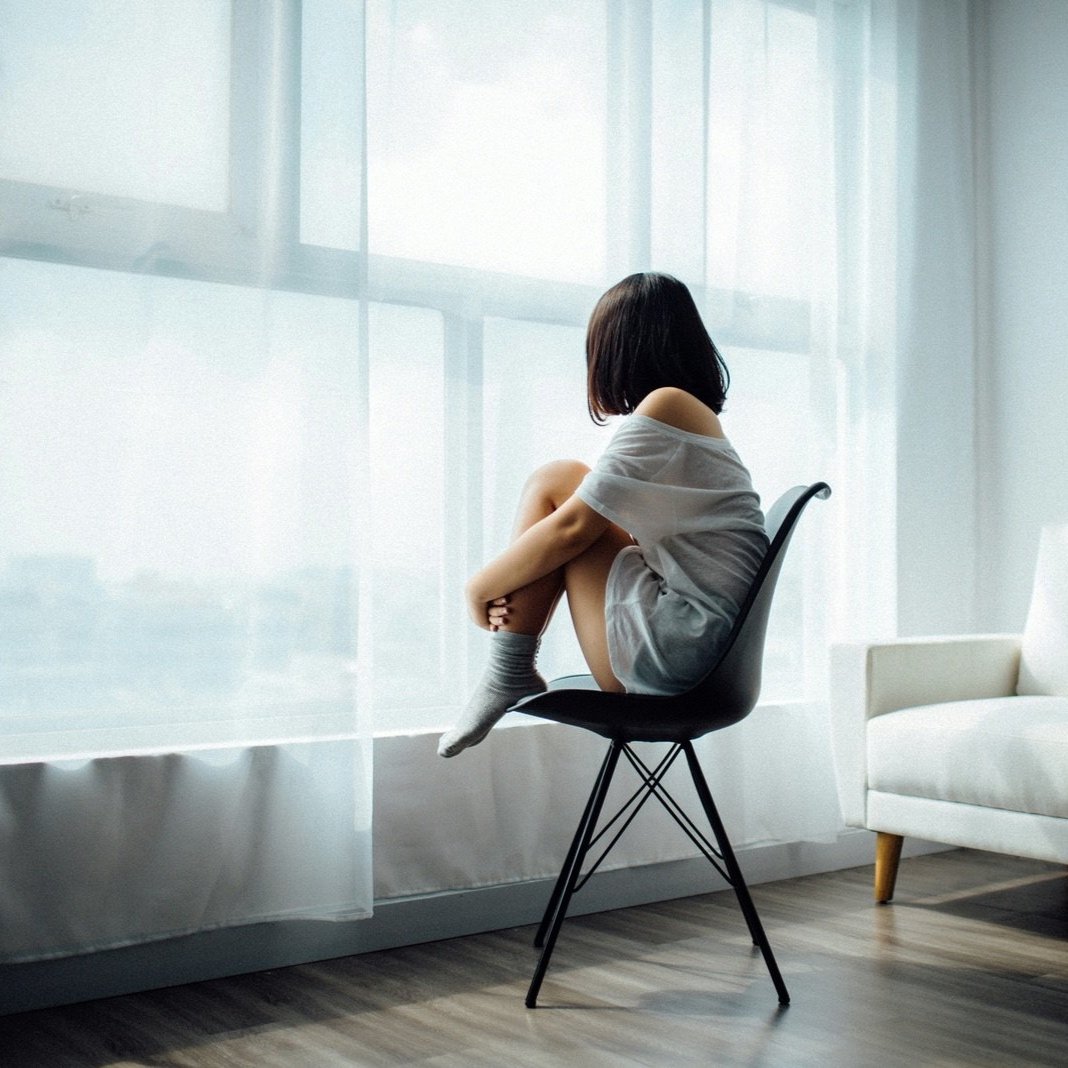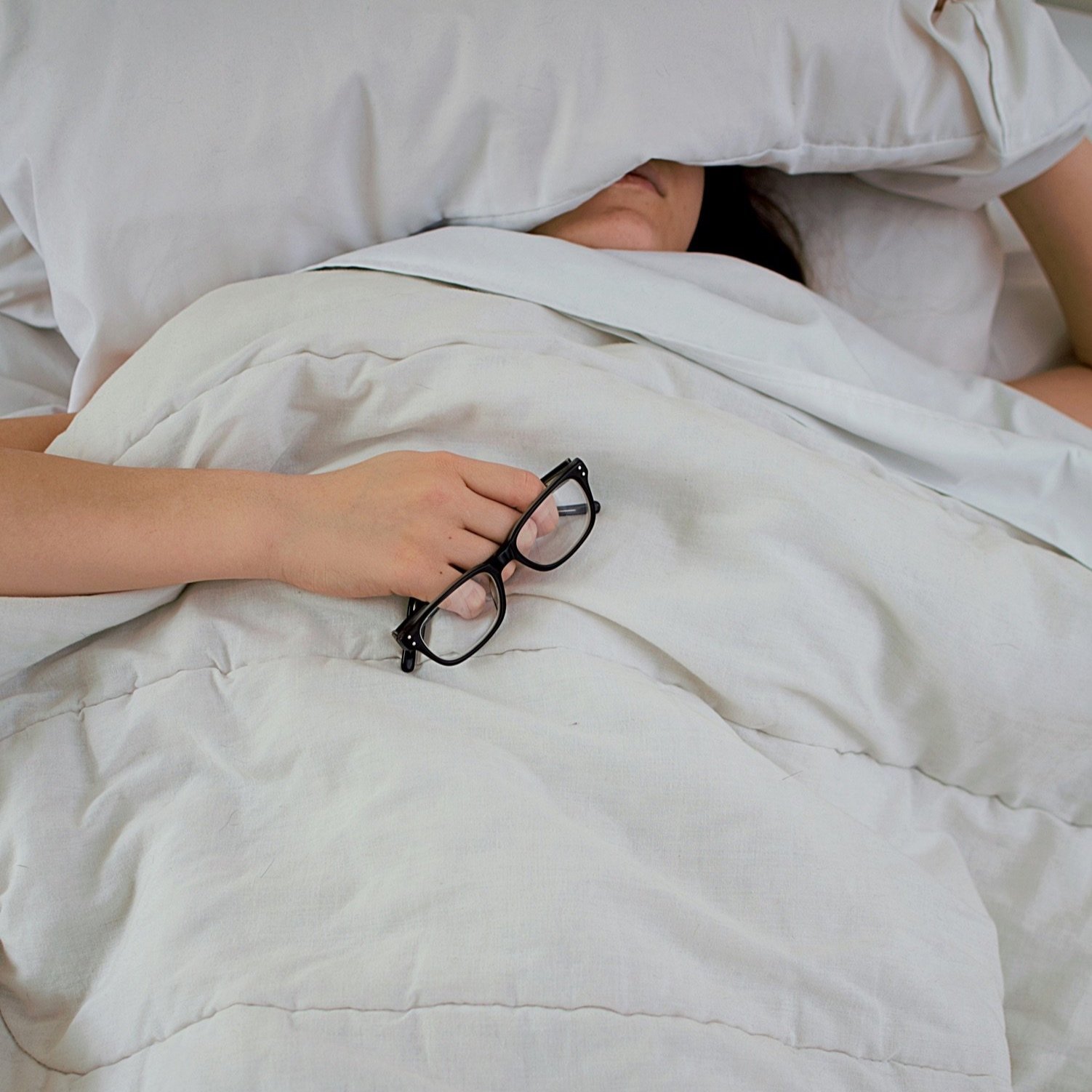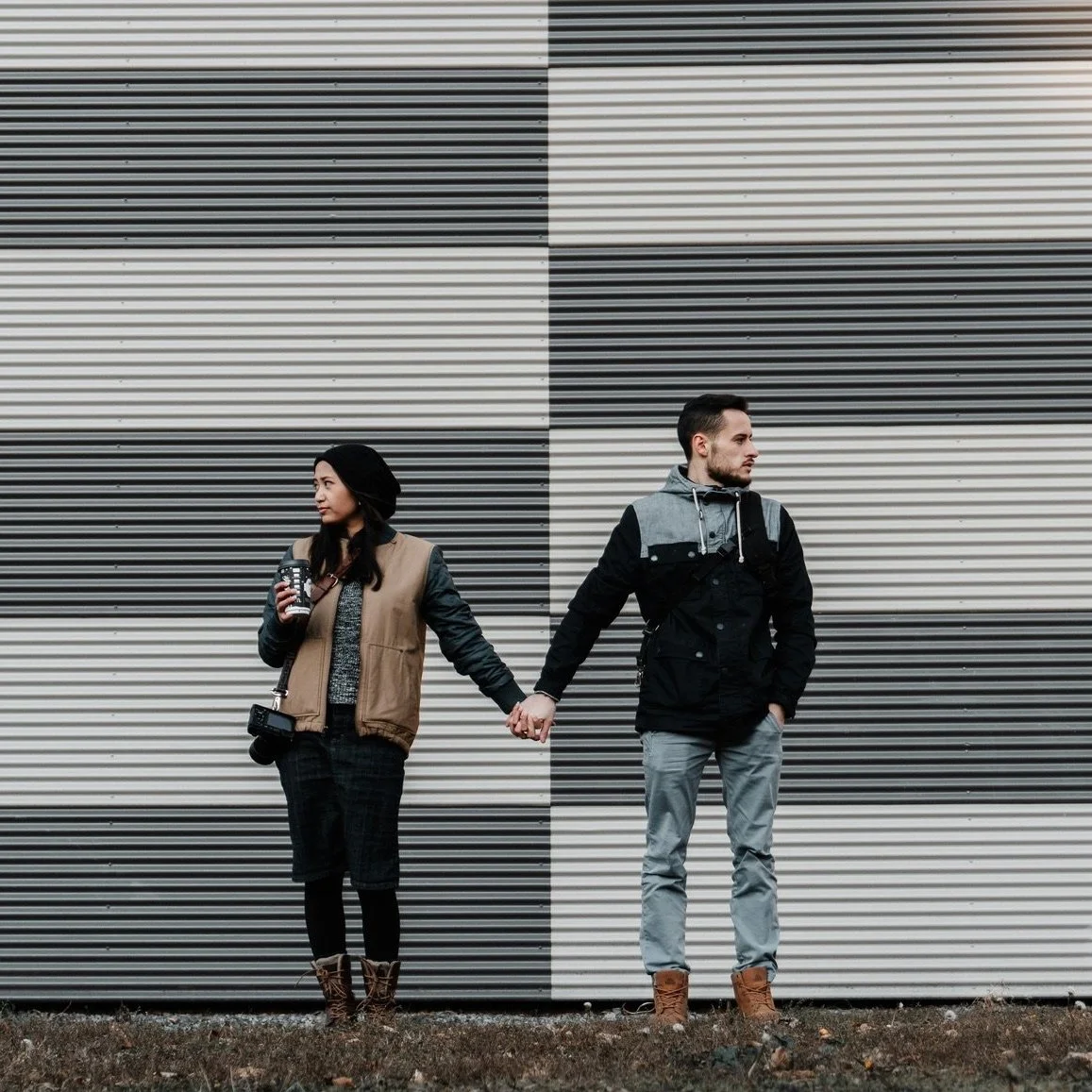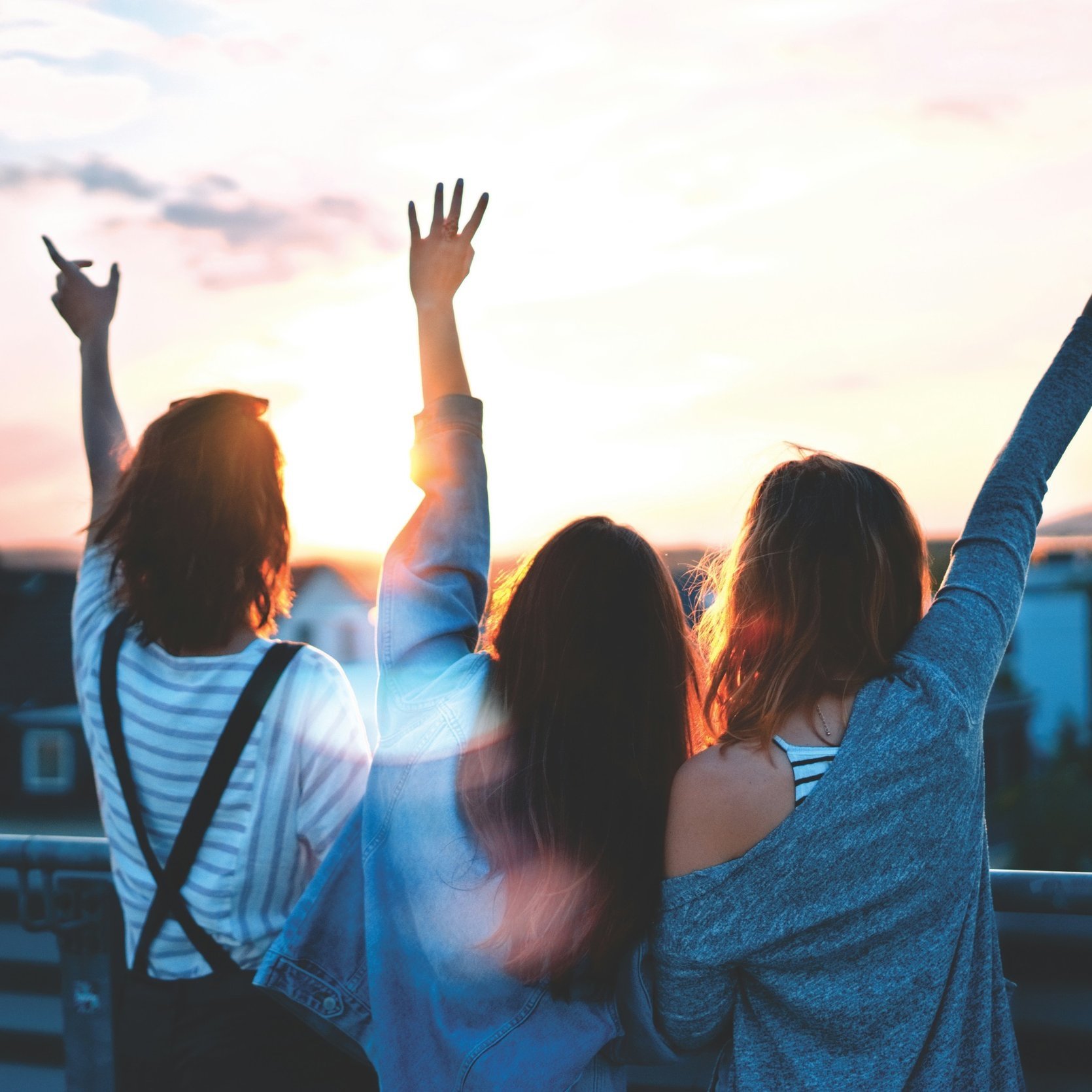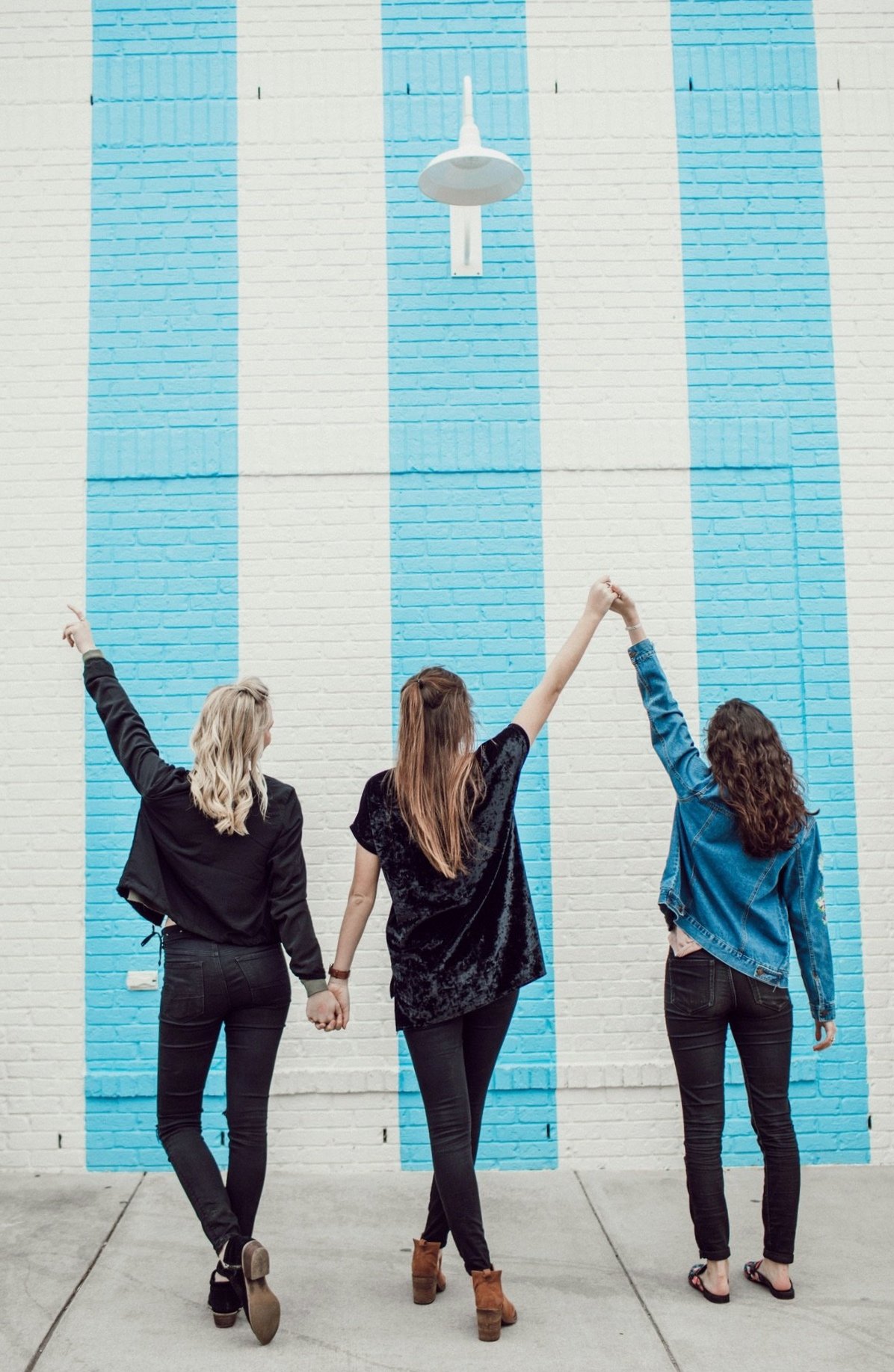Social Media Distancing
(Image: girlslife.com)
Are you more engaged in virtual space than in the real world? Are you snapping images of your food instead of enjoying it? Are you more hung up on taking panorama videos of your holiday destination spot than experiencing it? Are you glued to your phone, scrolling through social media, replying to messages while in the company of family and friends? Are you mindlessly browsing for negative news on social media feeds? Are you incessantly checking your phone for Like, Comment and Share on your latest posts? Are you envious of the picture-perfect curated lives of influencers and celebrities shown on their social feeds?
You may not be aware of it but if any of these happen too often they are signs of a looming social media addiction, which health professionals refer to “a type of behavioral addiction that is broadly defined as compulsive engagement in social media platforms that significantly disrupts the users' functioning in important life domains, such as interpersonal relations, work or study performance, and physical health.”
In a hyperlinked world, it is hard to escape from social media. It is a double-edged sword. It can have a positive impact on people’s lives, enhance connection, increase self-esteem and improve a sense of belonging. But it can also lead to enormous stress, pressure to compare your perceived ‘boring’ life to others, isolation, desolation, even trigger mental health issues such as depression and anxiety.
There are 5.04 billion social media users globally in January 2024. That’s 62.3 percent of the total global population, as reported on datareportal.com. Moreover, it cited that social media use now spends 2 hours and 23 minutes per user per day using social platforms. On average, social media accounts for 35.8 percent of our daily online activities. Roughly, the world spends 720 billion minutes a day using social media platforms. Over a full year, that adds up to more than 260 trillion minutes (or 500 million years) of collective human time.
(Image: marketingdonut.co.uk)
(Image: hustleescape.com)
Getting triggered by what you see on social media can be quite common as members of The Depression Project’s community attest:
It can lead you to negatively compare yourself to others – which can fuel negative thoughts like “I’m a failure” and “I’m not enough”, and result in you feeling jealous, worthless and lacking in self-esteem.
An overabundance of “bad news” can fuel negative thoughts like “the world is such a terrible place”, and cause you to feel overwhelmed and hopeless as a result.
Nasty, judgmental comments and hateful rhetoric can fuel negative thoughts like “people are such mean, ignorant, abusive jerks”, and leave you feeling angry, frustrated, dejected and/or disillusioned with humanity.
When other people post about their social outings or the fun activities they’re doing, it may cause you to feel bad that you’re not a part of it – a feeling that is sometimes referred to as “FOMO” or the Fear Of Missing Out.
Social media can result in you struggling to enjoy the present moment – which can happen when you’re getting distracted constantly checking social media; and/or when all of your focus is on trying to capture the perfect photo of an experience in order to share it on social media to impress your friends.
(Image: zulmaury-saavedra-unsplash)
You may find yourself easily distracted by social media and unconsciously wasting time on it – which can result in you neglecting some of the most important aspects of your life such as your job or your relationships.
Constantly checking social media before bed can also make it much more difficult to wind down and fall asleep, which can result in you feeling tired and run down the following day.
Mental health experts from Silicon Valley are warning that social media use – including instant messaging services — can lead to serious addictions and their associated consequences: anxiety, depression, irritability, isolation, distancing oneself from the real world and from family relationships, loss of control, etc.
“I find Instagram and Twitter to be overstimulating, to be overwhelming,” admitted actor Tom Holland, who played Spider-Man, when he posted on his Instagram in August 2022 that he was taking a break from social media for his mental health. He had 68 million followers on Instagram, and 7.4 million followers on Twitter at the time of the announcement. “I get caught up and I spiral when I read things about me online. And ultimately, it’s very detrimental to my mental state.”
(Image: adrian-swancar-unsplash)
Sometimes unplugging is the best approach to social media cleansing. Temporarily shutting down allows you to get a reality check. Here are two valuable insights on signs to look out for and tips on how to take a break from social media shared by Calm.com, which produces guided meditations to social media detox, among others.
(Image: anthony-tran-unsplash)
10 signs you might need a break from social media
Social media isn’t inherently bad. In fact, it satisfies a very human craving: the need to belong. The problem is it can have some negative side effects. Do any of the following sound familiar?
You’re dealing with envy. It’s normal to feel jealous of the perfectly curated lives depicted on social media. But if it’s happening a lot, it’s a sign that you might need a detox. Social media often portrays an idealized reality that can make anyone feel insufficient. Remember that you see a highlight reel, not the whole story.
You’re having trouble sleeping. It’s widely known that the blue light emitted by phones and tablets can interfere with melatonin production, the hormone responsible for sleep. But did you know that social media is also a cause of sleep difficulties? Consider a break if you're scrolling instead of snoozing.
(Image: isabella-fischer-unsplash)
You’re checking social media too often. Compulsively checking your phone for new updates, likes, or messages can become problematic. If you notice you're picking up your phone without thinking, especially during inappropriate times like meetings or family dinners, it's time to step back.
You find yourself doom-scrolling. Doomscrolling means endlessly looking at negative news or social media feeds. It can be emotionally draining and contribute to stress, anxiety and depression. If you're spending time on distressing content, take it as a cue to disconnect.
You’re having time management issues. Time is our most precious asset, and we can't get it back once it's gone. If you've ever logged into a social media platform and wondered where the hours went, that lost time is a sign. Time you could have spent building healthier habits like learning something new, connecting with loved ones, or simply relaxing is irreplaceable.
(Image: eaters-collective-unsplash)
You’re not present in your day-to-day life. Are you taking photos of your food instead of enjoying it? Are you more interested in checking in at a location than experiencing it? Dependence on social media can lead to a decreased sense of presence and engagement in your real-world experiences.
There’s trouble at work or school. If your social media habits are starting to affect your productivity levels in professional or academic settings, that's a significant red flag. When deadlines are missed or performance drops, a digital detox may be needed to realign your priorities.
You’re neglecting your body. Are you forgoing exercise or delaying essential daily activities like cooking or showering because you're glued to your phone? When your physical well-being starts to take a back seat to your online life, it's a definite sign you need a break.
(Image: andrik-langfield-unsplash)
There’s strain on your relationships. Are your friends complaining that you're always on your phone? If you find yourself scrolling through social media while spending time with other people, this might indicate it's time for a detox.
You’re dealing with mood swings. Constant exposure to social media can affect your emotional health, leading to irritability and mood swings. Consider this a sign if your patience is shorter than usual or small inconveniences more quickly trigger you.
These social media red flags are more common than you might think, and acknowledging them is the first step toward a healthier digital life.
Tips to social media detox
A social media detox is calling your name. But how do you go about it? We've compiled a list of 12 actionable tips you can implement today.
Schedule some downtime. Is your phone the last thing you look at before going to sleep and the first thing you reach for in the morning? Break the cycle by setting a "digital curfew" an hour before bed to unwind naturally and ensure better sleep quality.
Engage in offline activities. Use the time you gain from staying off social media to engage in offline activities that make you happy. Whether it's reading, going for a hike, or meditating (more on that later), these activities give your mind the relaxation it deserves.
(Image: nadi-whatisdelirium-unsplash)
Set time limits on apps. Most smartphones have built-in features that allow you to limit the amount of time you spend on specific apps. Take advantage of this by setting daily limits for your most-used social media platforms.
Gradually reduce social media usage. Going cold turkey may be overwhelming. Try reducing your social media time in increments. Start with a two-hour break and gradually increase to a full day or weekend.
Tell your friends and followers. An announcement can make your commitment more real and keep you accountable. You may even inspire others to join you in the detox.
(Image: simon-maage-unsplash)
Remove social media apps. Out of sight, out of mind. Uninstalling social media apps from your phone can provide a layer of detachment. You can always reinstall them after your detox period.
Detox with a friend. Sometimes, the journey is easier when you're not walking it alone. Consider teaming up with a friend who also wants to take a break from social media. You can keep each other accountable and share experiences.
Be mindful of replacements. Swapping one digital distraction for another is easy. If you find yourself aimlessly browsing the web or diving into a YouTube rabbit hole, refocus your energy toward more constructive activities.
Schedule social media time. Once you've completed your detox, consider scheduling your social media time rather than sporadically checking throughout the day. This way, you have dedicated time for it without letting it interfere with your daily activities.
(Image: kaylee-garrett-unsplash)
Reevaluate and unfollow. Use this detox period to think about what you want to get from social media. When you return, unfollow accounts that aren’t adding value to your life or causing stress.
Understand the science behind social media addiction. The most important step in detoxing from social media is understanding why it’s so addicting in the first place. Getting educated about why you keep reaching for your phone, checking your apps, and scrolling mindlessly will help you to break the habit.
Become aware of your relationship with social media by practicing mindfulness. Practicing mindfulness helps us to stay in the present moment and to observe our behaviors, feelings, and choices without judgment. It also helps us to connect better with ourselves, which can lead to better understanding about why we engage with social media in the first place. This awareness can help us to better observe the reasons or circumstances for why we’re being pulled towards social media, and help us make healthy changes.
If you notice that you’re being pulled towards social media during times of loneliness, for example, try connecting with a friend or family member directly instead. Chatting on the phone, sitting down over coffee, or taking a walk with someone you care about, will do much more for your well-being than doom scrolling mindlessly.
(Image: katy-anne-unsplash)
Just like anything else in life, social media detox is all about finding a balance in everything we do. So the next time you’re in a Michelin-starred restaurant or a luxury resort, spend more time enjoying the experience and less time snapping ‘Instagrammable’ photos.
Debbie | ws
Useful info: How To Fight Addiction To Social Media | Social Media Depression | Social Media Detox
